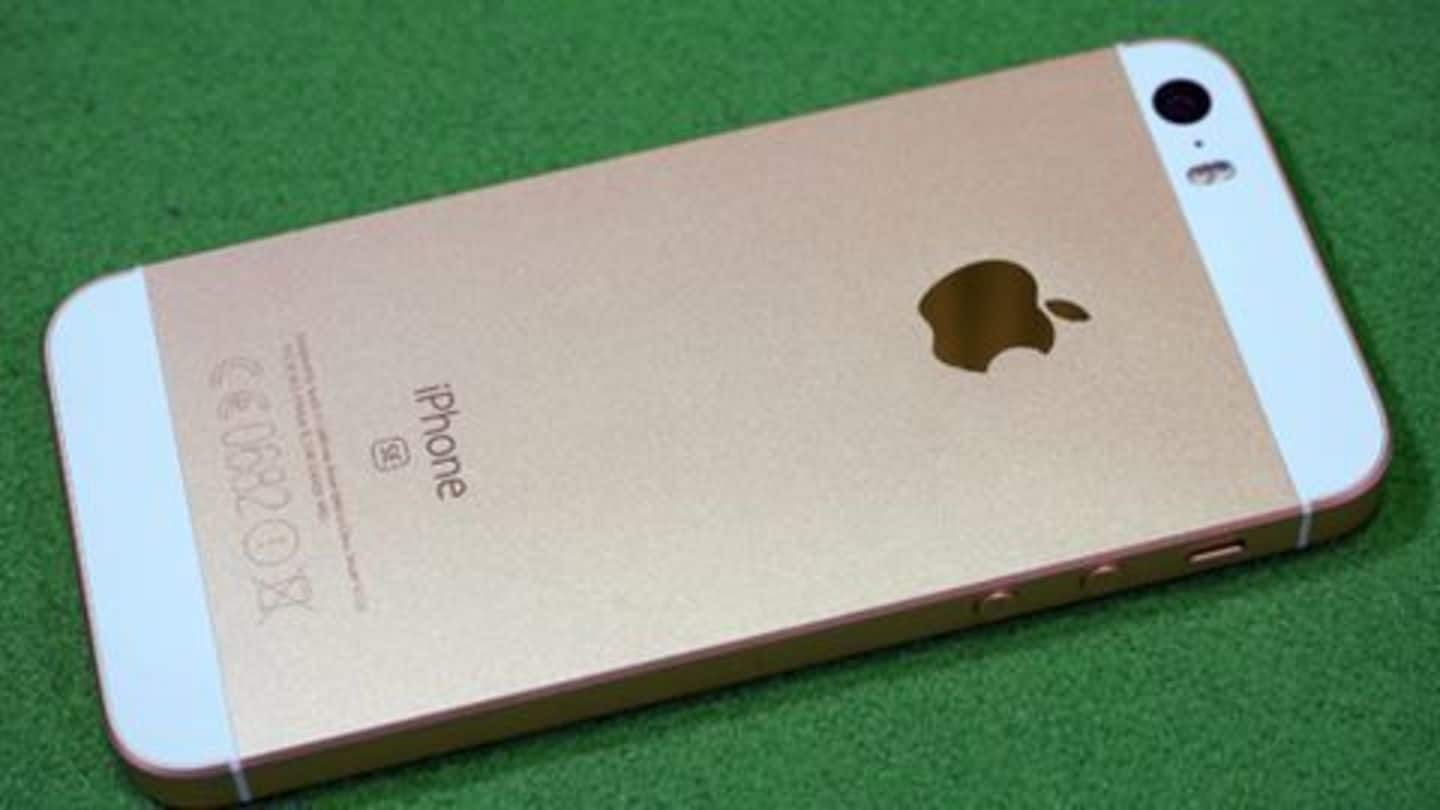
Qualcomm seeks to ban iPhone imports into the US
What's the story
On April 28th, 2017, Apple stopped paying royalties to Qualcomm. In a surprising turn of events, Qualcomm, according to a Bloomberg report, will approach the US-based International Trade Commission asking for a ban on the import of iPhones into the US. Qualcomm, which has patented standardized technology for all smartphones, claims that Apple's decision to cut-off royalties violate contracts which predate the iPhone.
Apple's lawsuit
Apple's $1 billion lawsuit against Qualcomm
On 20th January 2017, Apple filed a $1 billion lawsuit against mobile chip-maker Qualcomm for charging fees for patents "they have nothing to do with". Apple cited technology like TouchID, cameras, and displays as categories where Qualcomm was killing competition by making licensing costly. Apple accused Qualcomm of charging "excessive royalties...at least five times more" than all other cellular patent licensors combined.
Quote
Apple's statement on Qualcomm's business tactics
"Qualcomm built its business on older, legacy, standards but reinforces its dominance through exclusionary tactics and excessive royalties," said Apple in a statement announcing the lawsuit.
Qualcomm's reply
Qualcomm's reply to Apple
The US Federal Trade Commission (FTC) were also piling serious regulatory heat on Qualcomm. Not to be outdone, Qualcomm replied to the FTC charges and the Apple lawsuit on 21st January 2017, calling Apple's claims "baseless". Qualcomm went on to blame Apple for "misrepresenting facts and withholding information", which, the chip-maker claimed, was behind behind the regulatory attacks on the company.
Quote
Qualcomm challenges Apple
"Apple has intentionally mischaracterized our agreements and negotiations, as well as the enormity and value of the technology we have invented, contributed and shared with all mobile device makers through our licensing...We welcome the opportunity to have these meritless claims heard in court," retorted Qualcomm.